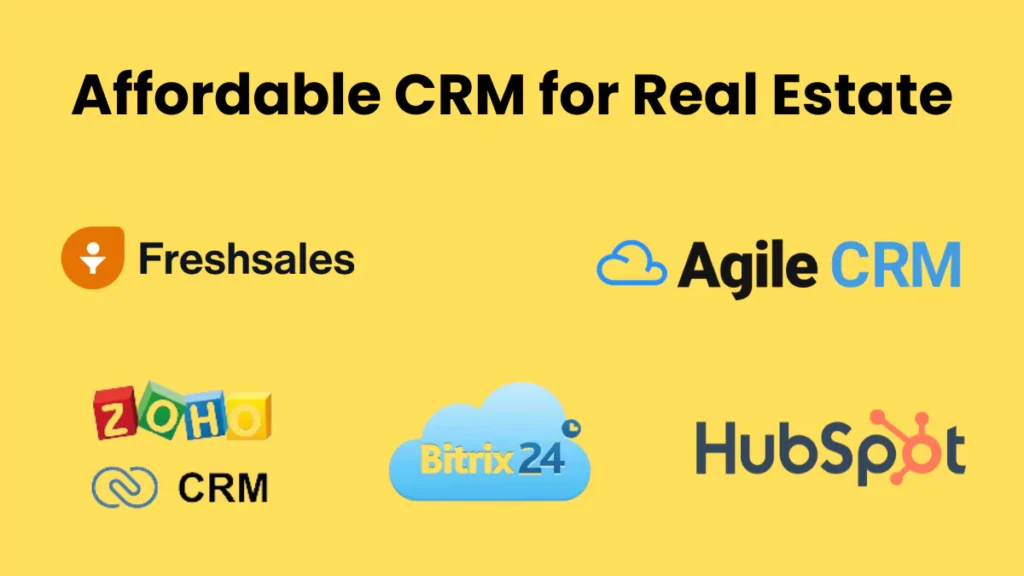Facebook Ads and Google Ads For Real Estate Business

Table of Contents
In the dynamic realm of real estate marketing, the choice between Facebook Ads and Google Ads can be a pivotal decision for agents seeking to maximize their online presence and generate quality leads. Each platform offers distinct advantages and targeting capabilities, catering to different aspects of the real estate marketing landscape. Let’s delve into the intricacies of both Facebook Ads and Google Ads to discern which one holds greater potential for real estate advertising success.
Understanding Facebook Ads
Facebook Ads operate within the realm of social media, leveraging the platform’s extensive user base and diverse targeting options. These ads are designed to appear seamlessly within users’ news feeds, offering an opportunity to capture attention amidst social interactions.
Advantages
- Granular Targeting: Facebook allows advertisers to finely tune their target audience based on demographics, interests, and behaviors, enabling precise ad customization.
- Visual Appeal: With the ability to incorporate captivating visuals, Facebook Ads can evoke emotions and foster connections with prospective leads.
- Affordability: Facebook Ads offer flexibility in budgeting and are often more cost-effective compared to Google Ads, making them accessible to agents with varying budgets.
Maximizing Effectiveness
To optimize the impact of Facebook Ads, real estate agents should focus on:
- Utilizing visually engaging content tailored to mobile viewing.
- Leveraging carousel formats to present property listings in an interactive manner.
- Incorporating compelling calls-to-action to prompt user engagement.
Unveiling Google Ads
Google Ads operate within the domain of search engine marketing, capitalizing on user intent and search queries to deliver targeted advertisements. These ads appear prominently within search results, aligning with users’ specific inquiries.
Advantages
- Global Reach: As the world’s leading search engine, Google offers unparalleled exposure to a vast audience, enabling agents to reach potential leads on a global scale.
- Keyword Targeting: Google Ads leverage keyword targeting, allowing advertisers to align their ads with users’ search queries, resulting in highly relevant ad placements.
- Diverse Ad Formats: Google Ads encompass a range of formats, from text-based ads to location-based extensions, providing versatility in ad creation and delivery.
Maximizing Effectiveness
To extract maximum value from Google Ads, real estate agents should consider:
- Selecting targeted, long-tail keywords to capture specific search intent.
- Crafting customer-centric ad copy that resonates with potential leads.
- Continuously improving ad quality scores to enhance ad performance and relevance.
Choosing the Right Platform
The decision between Facebook Ads and Google Ads ultimately hinges on the unique objectives and preferences of each real estate agent. Consider the following factors when making your choice:
- Lead Generation Speed: If you prioritize quick lead generation, Google Ads may be the preferred option due to its intent-driven nature.
- Budget Considerations: While Google Ads may offer broader reach, Facebook Ads provide a cost-effective solution for agents with limited budgets.
- Brand Building vs. Direct Sales: Facebook Ads excel in brand building and audience engagement, whereas Google Ads are ideal for direct response and lead conversion.
Conclusion
Both Facebook Ads and Google Ads present compelling opportunities for real estate advertising success. By understanding the nuances of each platform and aligning them with your business objectives, you can leverage their respective strengths to enhance lead generation, drive sales, and establish a formidable online presence in the competitive real estate market.


